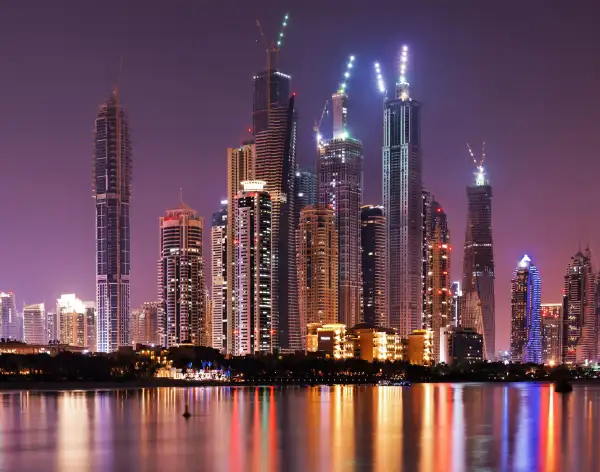Frontier Markets Are Hot: Don't Get Burned
Money is not a client of any investment adviser featured on this page. The information provided on this page is for educational purposes only and is not intended as investment advice. Money does not offer advisory services.

Tiny countries are big right now. The MSCI Frontier Markets Index, which tracks companies based in small but rapidly growing economies like Kenya and Vietnam, has returned more than 15% year-to-date. That's compared to only 2% for the slightly more developed emerging markets and 4% for the S&P 500. Performance like that might make an ETF like iShares MSCI Frontier 100 — one of the most liquid and diversified frontier options out there — look attractive to investors today.
But remember that appearances can be deceiving. A big reason frontier markets indices have done so well recently is the fact that MSCI is "graduating" the booming markets Qatar and the United Arab Emirates to emerging market status this month, and that's led to a "technical" (or herd-driven) rally, says Morningstar analyst Patricia Oey. While it's true that those countries have benefited from a strong property market and rising infrastructure spending, investors trying to get ahead of the index change are also a major factor in the ETF's hot performance.
So before you march out and buy up shares in frontier markets stocks or funds, consider these three cautions.
1. It is hard to be truly "diversified" with current frontier markets offerings. Once Qatar and the U.A.E. are gone, the biggest countries in the MSCI Frontier 100 will be Kuwait and Nigeria, and those two alone will make up 40% of the index. Though new rules will make the index slightly broader than in the past (under old methodology, that top-two concentration would be 53%), the way countries are weighted could leave you disproportionately exposed to a single market. Other ETFs, like EGShares Beyond BRICs, offer a greater geographic span, with 75% in emerging markets and 25% in frontiers, but come with less in-county diversification: Some nations are represented by a single stock.
2. They can rack up big taxes. Normally ETFs don't throw off big capital gains, but in this case you need to watch out, says RegentAtlantic director of research Andy Kapyrin. That's because the MSCI change means ETFs tracking the index will have to unload the Qatar and U.A.E. portions of their portfolios, which have gained as much as 80% in the past year. You're protected from these taxes on gains if you hold the ETF in a tax-advantaged account like your 401(k), but given the limits on diversification, you probably don't want more than 1% or 2% of your retirement savings in this type of investment, says Kapyrin.
3. They are risky. Although you'd expect frontier markets to be riskier than emerging markets — since the underlying countries are, by definition, less developed — the two market types actually have similar levels of volatility. That's because stocks in the frontier markets are less correlated to one another than emerging markets equities, says Oey. For example, it's less likely that problems in Pakistan correlate with those in Jamaica, but more likely that the Russian and Chinese markets will experience bumps at the same time, as they're further along in their development. That said, frontier markets are still extremely vulnerable during global downturns. See below how much harder hit than U.S. stocks an older index of frontier markets stocks — Guggenheim Frontier Markets — was during the last financial crisis.
